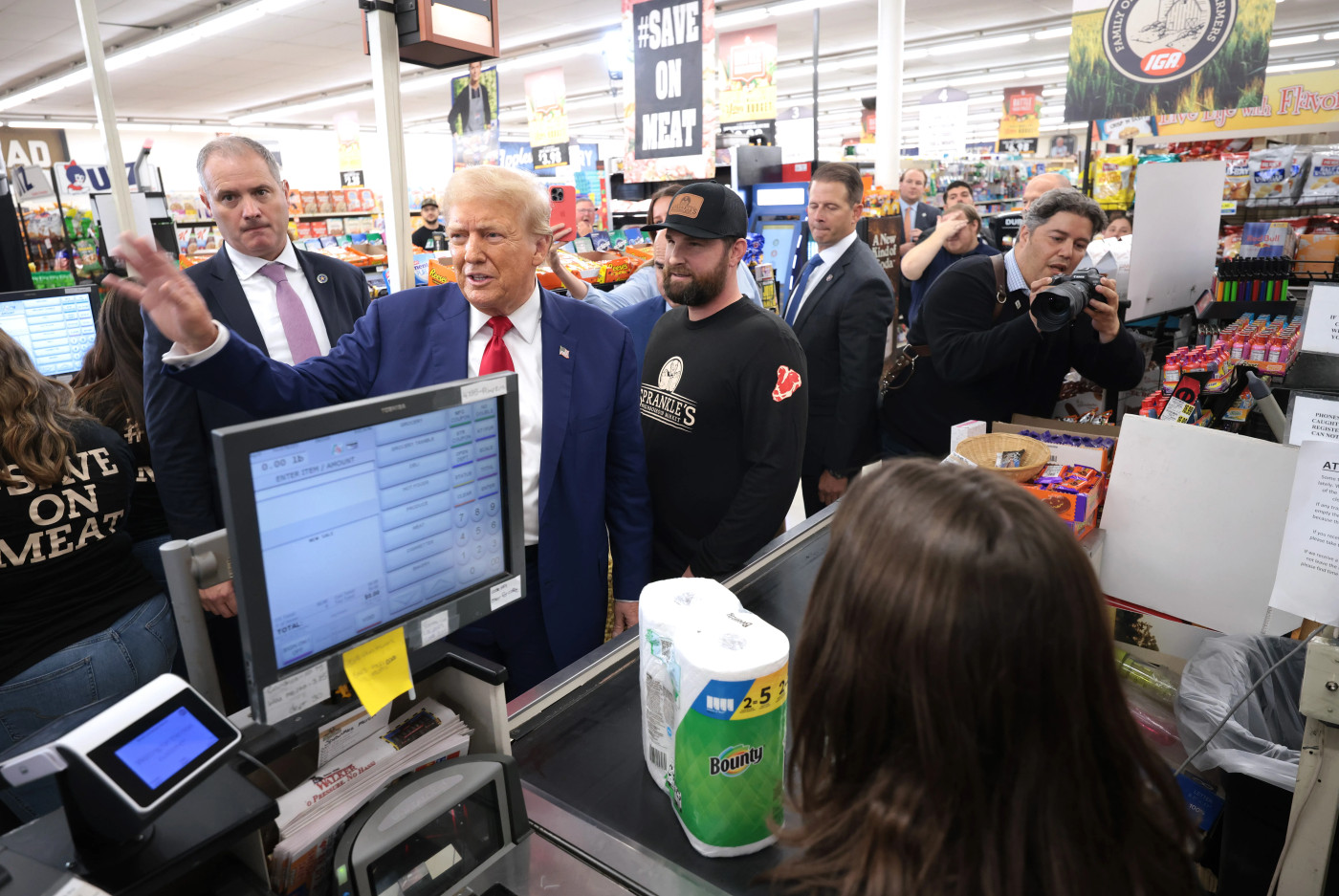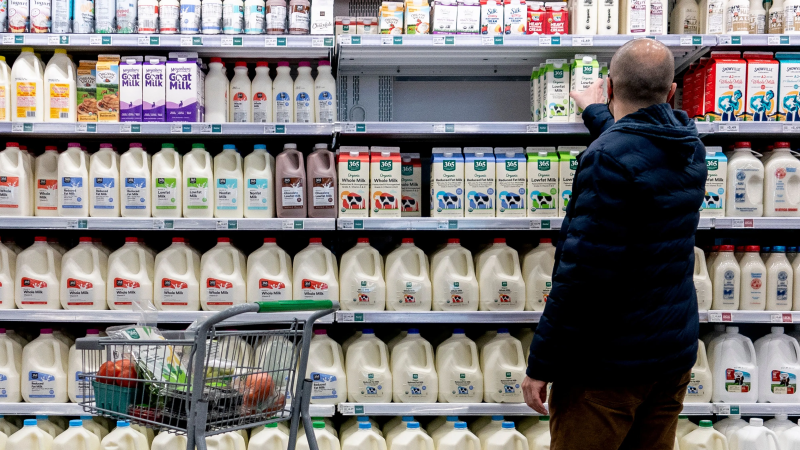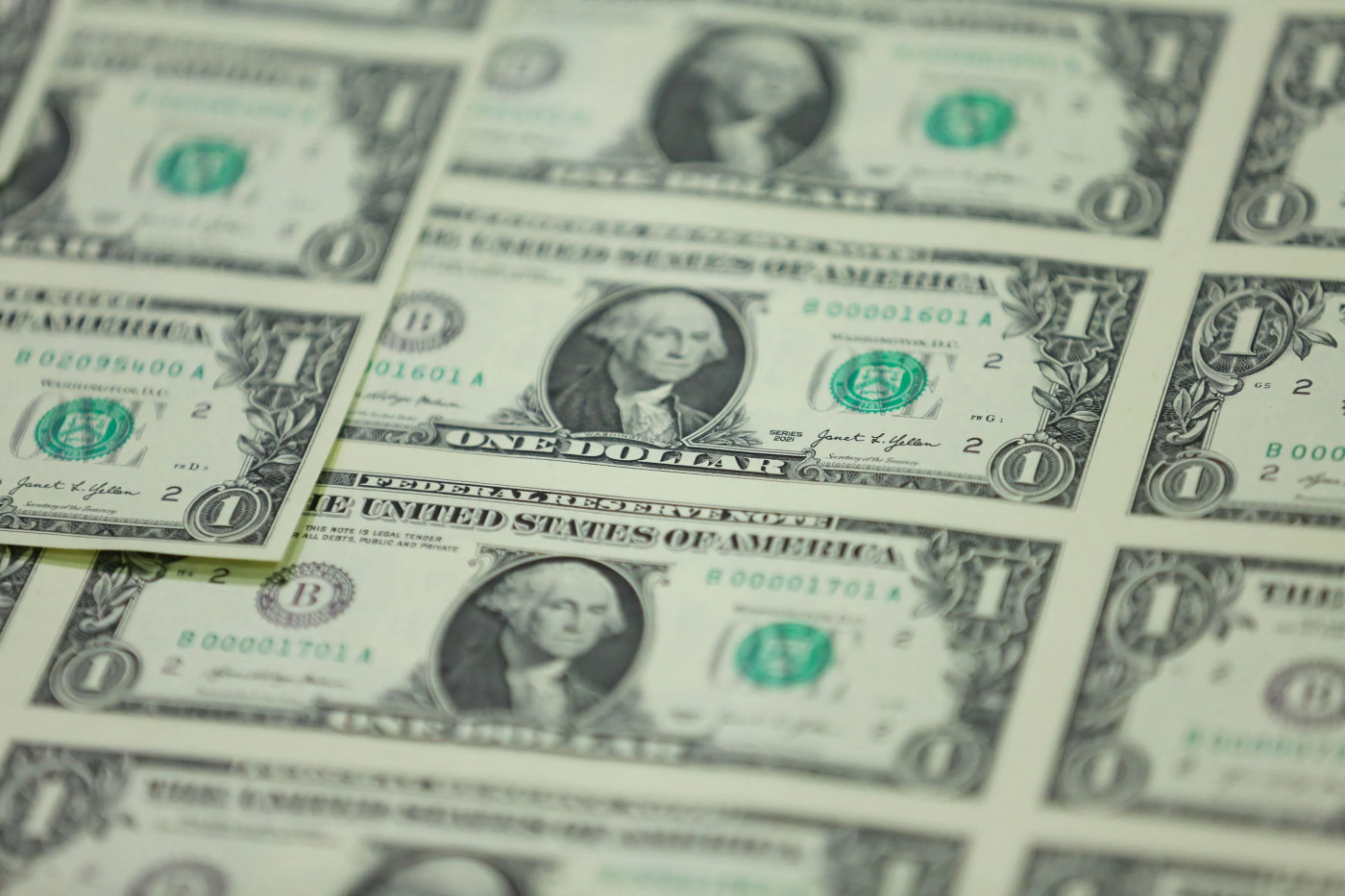
Which grocery items could be affected by a Trump tariff? Fruit, vegetables, coffee and more
From avocados to tea, certain goods could be more expensive to buy, or harder to find, in grocery stores if President-elect Donald Trump's tariff plan proceeds once he takes office in January.
Trump announced on Monday that he will use executive orders to implement a 25% tariff, which is a tax or fee, on all imported goods from Mexico and Canada, and a 10% tariff against China.
The president-elect said in a post on Truth Social the tariff would hold until the neighboring nations curb the flow of illegal immigrants and drugs like fentanyl into the U.S.
"Both Mexico and Canada have the absolute right and power to easily solve this long simmering problem," Trump wrote.
The impact of Trump's tariffs could be detrimental to low-income shoppers and grocery chains that depend on imported goods, whether for business purposes or survival.
Here are some grocery store items that could be affected by Trump's tariffs.

What grocery store items from China could be impacted by Trump's tariffs?
China is responsible for nearly 78% of U.S. vitamin imports come directly from China, which dominates the global production of key vitamins (B1, B3, B7, B12, D3 and K), according to the American Feed Industry Association.
According to Trading Economics and the U.S. Department of Agriculture (USDA), some common items imported to the U.S. from China that could be affected by Trump's tariff plan include:
- Fish and crustaceans
- Vegetable fats and oils
- Vegetables (especially corn), fruit and nuts
- Soaps, lubricants, waxes, candles, modeling pastes
- Cereal, flour, starch, wheat and milk products
- Coffee, tea and spices
- Sugar
- Cocoa
- Dairy products, eggs, honey and edible products
- Vinegar
- Apple juice
- Garlic
What grocery store items from Mexico could be impacted by Trump's tariffs?
In 2022, Mexico exported $421 billion to the U.S., with the main products being computers ($36.8 billion), cars ($34.1 billion) and motor vehicle parts and accessories ($31.8 billion), Observatory of Economic Complexity (OEC) said. Some grocery store items also make their way over to the states.
According to Trading Economics and the (OEC), items imported to the U.S. from Mexico that could be affected by Trump's tariff plan include:
- Cereals
- Paper products
- Processed fruits and nuts
- Tropical fruits
- Tomatoes, onions, lettuce and cabbage
- Pickled foods
- Fruit juice
- Fertilizers
- Dairy products, eggs and honey
- Cotton
- Beer and hard liquor
- Coffee, tea, mate and spices
- Meat, fish and seafood
- Sauces and seasonings
- Baked goods
- Avocados
- Raw sugar
What grocery store items from Canada could be impacted by Trump's tariffs?
In 2022, Canada exported $438 billion to the U.S., with the main products being crude petroleum ($117 billion), cars ($27 billion) and petroleum gas ($22.4 billion), the OEC said.
According to the Bureau of Industry and Security and Trading Economics, the main grocery store items that are imported from the U.S. to Canada, and could be affected by Trump's tariff plan, include:
- Wood
- Charcoal
- Aluminum
- Iron and steel appliances
- Cereal, flour, starch and milk products
- Rubbers
- Alcoholic beverages
- Carpets and other textile floor coverings
- Wool, animal hair, horsehair yarn and fabric
- Umbrellas, walking-sticks, seat-sticks, whips
- Cotton
- Photographic or cinematographic goods
- Cork products
- Printed books
Contributing: Savannah Kuchar & Michael Collins, USA TODAY

